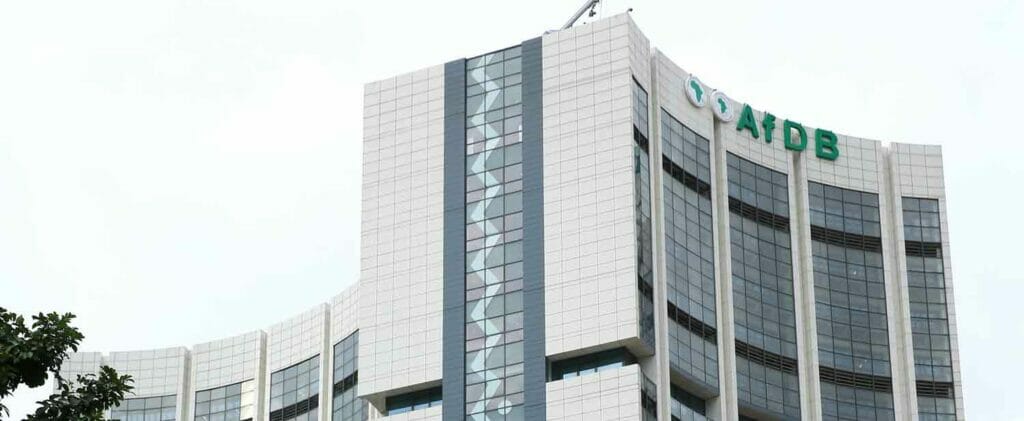The African Development Bank Group (AfDB) has stated that investment in healthcare by the Economic Community of West African States (ECOWAS) must be tailored to meet the needs of the populace.
This was made known by president of AfDB, Akinwumi Adesina at the 22nd ordinary session of the assembly of ECOWAS health ministers.
Beth Dunford, vice-president for agriculture, human and social development at the AfDB represented Akinwumi Adesina at the event.
Adesina called for investments in health infrastructure from the private sector, development finance institutions and diaspora groups.
“The portfolio will include investment projects, results-based financing, risk-sharing instruments to leverage private sector resources, debt and equity investments in private companies and promotion of innovative sources of finance, such as diaspora funds,” he said.
“Filling the financing gap for health infrastructure will require mobilising finances from the private sector, development finance institutions and diaspora groups.
“Across Africa, only 10 to 20 per cent of investment in health service delivery infrastructure is mobilised by the private sector, due largely to high levels of investment risk.
“The limited coverage of health insurance and the dominance of out-of-pocket expenditure in health financing also make it more difficult for investors to secure a financial return.
“As a result, private sector investments in health infrastructure have been concentrated in brownfield investment to expand existing hospitals.”
Adesina said there is potential for mobilising funding from diaspora communities and associations, either directly or through instruments such as diaspora bonds.
“Since the late 1980s, India has used fiscal and non-fiscal incentives to stimulate diaspora investment in health services and nine of the top 15 hospitals in India have been set up through such investments,” he said.
“We draw on our core expertise in infrastructure development and working with other development partners in support of national health system, strengthening plans and in support of enhancing African health system resilience.
“Input from ministers in the bank’s 54 regional member countries, development partners and civil society is expected to strengthen the bank’s strategy for quality health infrastructure in Africa.”
Adesina said COVID-19 is not fully out of the way but a focus on health systems and infrastructure for inclusive economic growth is crucial.

